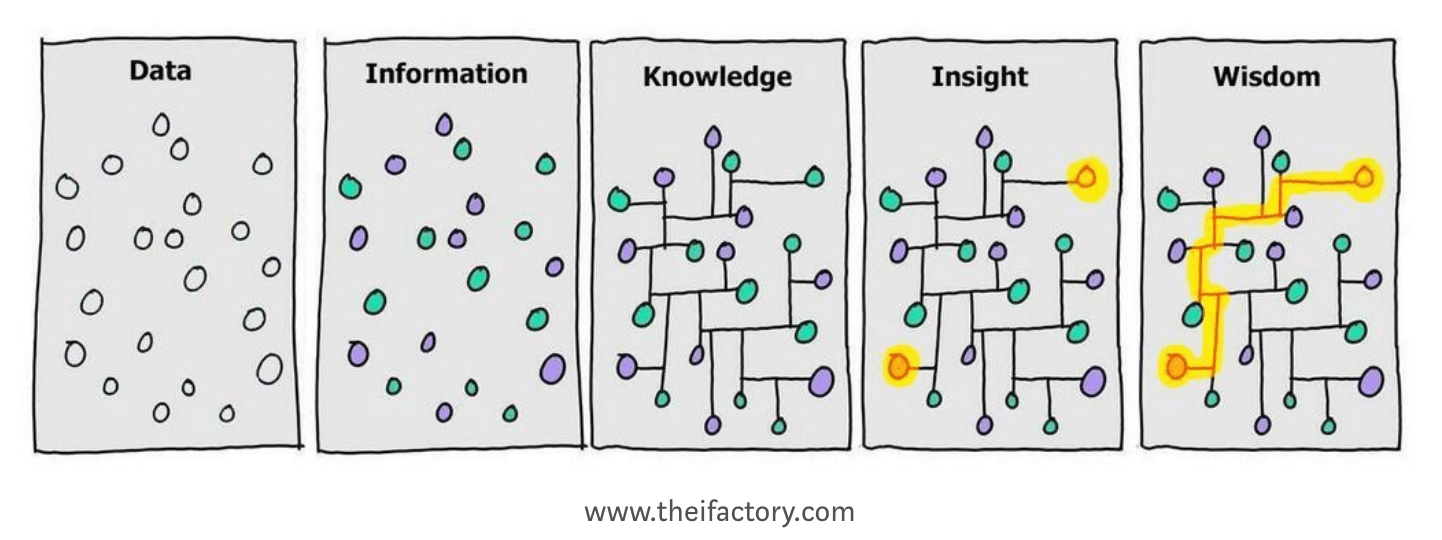Exceptional Teams Put People First
Utilising your greatest competitive advantage
If we conduct a brief survey of the greatest sports films in history — the ones that even non-sporty viewers will watch — we quickly see a common theme in the development of exceptional teams.
It all comes down to People.
People make or break a great team.
Exceptional teams develop beyond hiring the most talented people (although that never hurts).
Exceptional teams develop beyond team building exercises, positive thinking, or a kumbaya bonding event around a campfire (who doesn’t love roasted marshmallows and a song?).
Exceptional teams develop because leaders put people first.
Look at the film The Blind Side, about a young man from the projects who gains a team, a family and a future. Because someone put HIM first.
Look at Coach Carter. A story about basketball misfits who are challenged to grow — painfully — but ultimately see the truth of Carter doing what was best for them. Coach Carter put people first.
We Are Marshall is a film looking at the tragic loss of an entire football team in a plane crash, and how the town rallied to recover. How? By putting people first.
Putting people first sounds easy. Just focus on your people.
Yet as any leader knows, operational requirements, urgent deadlines, impending financial disaster, and plain old selfishness mean people often play second fiddle to other needs.
One of the greatest mistakes we can make as leaders is to put paperwork before people work.
When we view the development of our people, or the needs of our staff, as less important than deadlines, we begin to push people out.
Recently a quote has been circulating on LinkedIn which says:
“The biggest concern for any organization should be when their most passionate people become quiet”
The silence of passionate people is a sign people are not put first.
Twenty years ago, the Academy of Management Executive claimed: “an irrefutable business case can be made that the culture and capabilities of an organization — derived from the way it manages its people — are the real and enduring sources of competitive advantage.”
Slow down and read that quote again.
An irrefutable business case can be made that the culture and capabilities of an organization — derived from the way it manages its people — are the real and enduring sources of **competitive advantage.**
The way we manage people is the real source of competitive advantage.
Every single business owner and/or leader needs to pay attention here.
Competitive advantage is found in putting people first.
We change what we measure.
Financial successis usually about careful money management, not a sudden lottery win.
Once we measure our spending habits, we begin to adjust our spending habits.
Health successis usually about small steps of consistency in the areas of diet and exercise.
Once we measure our calorie intake, we reconsider a burger and fries five times a week.
Emotional successis found in recognising emotional blind spots and triggers.
We measure which situations help us feel happy or sad or ecstatic and begin to change our lives to encounter more or less of those situations.
It is reasonable, therefore, to see how measuring our people in various ways helps us to positively change an organisation.
Some people don’t like the idea of being measured. It feels competitive. Or biased. Or antiquated in our modern “all are equal” society.
Yet the truth remains, we change what we measure.
Think about building a great team: If it is true building an exceptional team is predicated on putting people first, and it’s also true the way we manage people is a real and enduring source of competitive advantage, wouldn’t we all want to measure how we manage people and put them first?
Data holds no inherent value. Data is simply a collection.
It holds no value until someone begins to interpret; pulling apart themes and ideas to offer insight and wisdom.

Data (alone) on employees or their organisational behaviour does not help.
How do we know if an extra hour of training helps boost sales numbers?
What measures whether $5,000 actually brings in $50,000 revenue as the advertising promised?
Who helps us figure out if we are building a happier, healthier, more robust workplace?
Who, how, and with what helps your team gather and interpret information in a way which builds your organisation’s future?
Karma bot by Sliday helps teams measure, in real-time, how individual performance affects team outcomes.
Karma bot gives insight into the impact of team performance on overall goals.
Karma bot lets you lead with wisdom, investing in your most competitive advantage, because you’re collecting the right measurements to make the right changes.
With a full suite of analytics and reporting, Karma bot capitalises on existing interaction between team members and helps leaders make informed decisions about the future.
We change what we measure. So we need to measure what’s most important to us — our people.
Their health. Their wellness. Their affirmation of one another. Their ability to be successful with the work we task them to do. Measure and make the right changes.
Put people first in your organisation. Make the most of your competitive advantage.
Build better teams with Karma bot.
SOURCES:
Ehrenfeld, T. (1995, July 1). Out of the blue. Inc. Source
Finzel, H. (2013). The top ten mistakes leaders make. David C Cook. Kindle Edition.
Pfeffer, J. & Veiga, J. F. (1999). Putting people first for organizational success. Academy of Management Executive. 13(2). 37–48
Thompson, G. (2016, August 12). When your most motivated employees become quiet! Source


 The #1 Team Builder Globally: Recognition
The #1 Team Builder Globally: Recognition